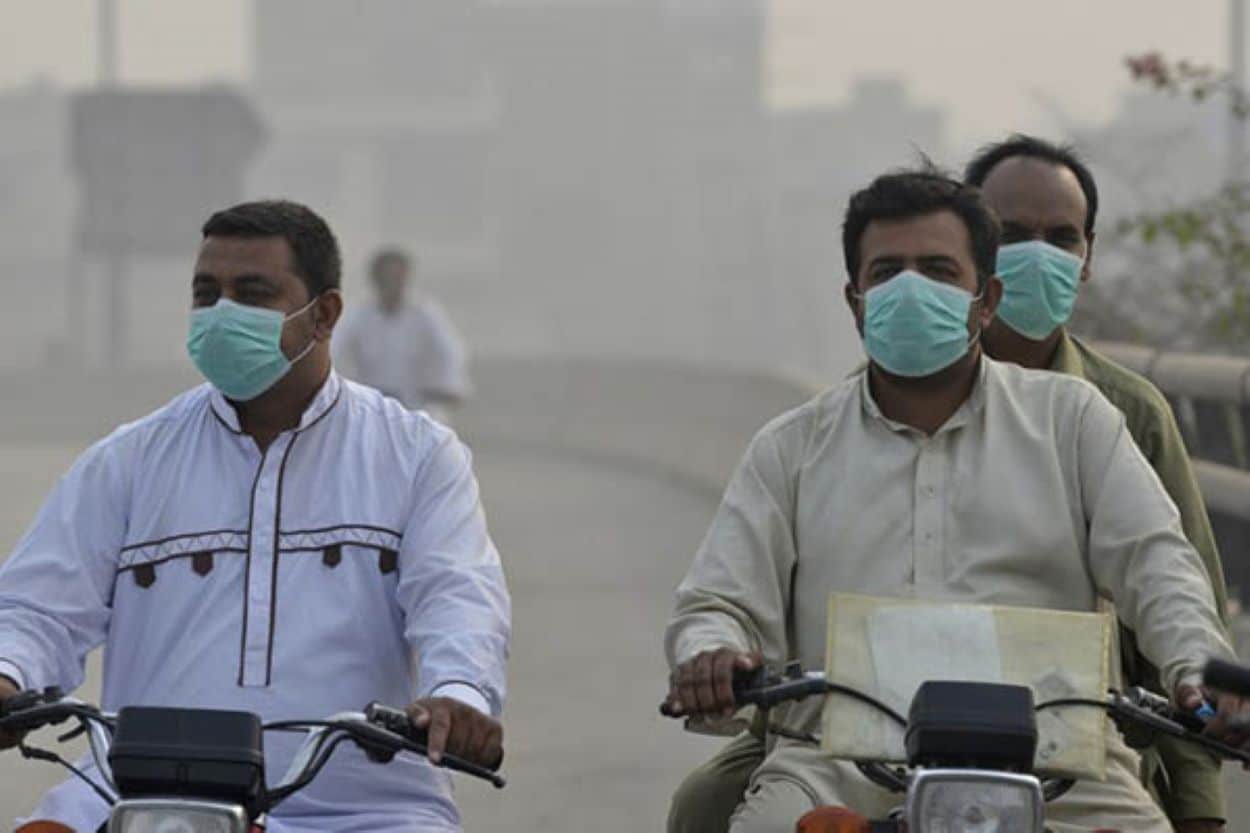As Punjab battles severe smog, the provincial government has prohibited all outdoor activities in Multan, Gujranwala, and Faisalabad—areas severely impacted after Lahore—until November 17.
According to an official notice from the Environmental Protection Agency (EPA) under the Punjab government, “The average AQI of these districts has exceeded the critical threshold of 500, posing serious risks to human health and wellbeing.”
Despite extensive government efforts to curb escalating air pollution, these smog-affected regions have seen a surge in respiratory illnesses, allergies, and eye and throat irritations.
The ban includes suspending sports, exhibitions, festivals, and in-restaurant dining. Shops, markets, and malls must close by 8 pm. However, religious events and essential rites such as funerals are exempt.
Essential services like pharmacies, medical facilities, labs, petrol stations, and food stores may operate past the 8 pm curfew. Grocery and pharmacy sections within larger stores are also exempt from these restrictions.
This ban, effective immediately, will continue through November 17. Violations of these directives could result in penalties under Section 188 of the Pakistan Penal Code.
Lahore residents have endured weeks of smog, which worsens as temperatures fall. This toxic air has spread to other districts, with Lahore ranking as the most polluted large city globally as of Monday. Multan recorded the country’s worst air quality as “hazardous.”
Similar restrictions were applied in Lahore last week, including school closures and restrictions on access to parks and other public spaces.
Read: Lahore Emerges as World’s Most Polluted City in Recent AQI Readings






